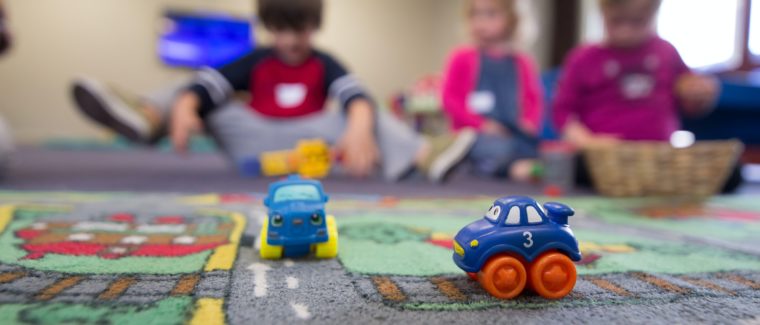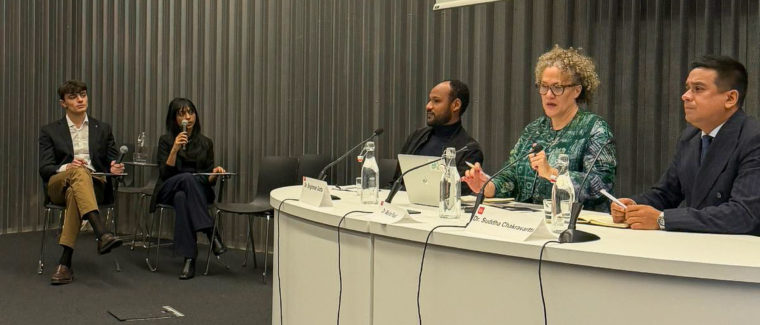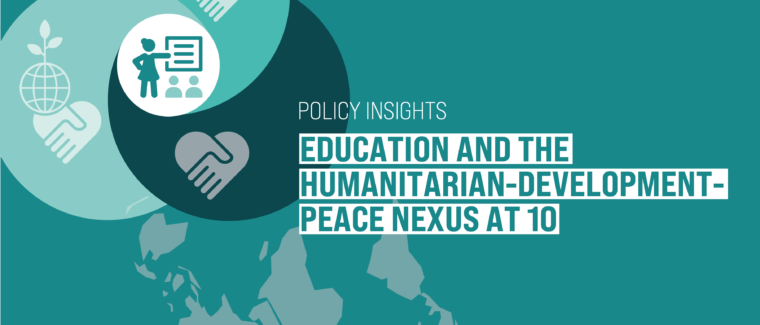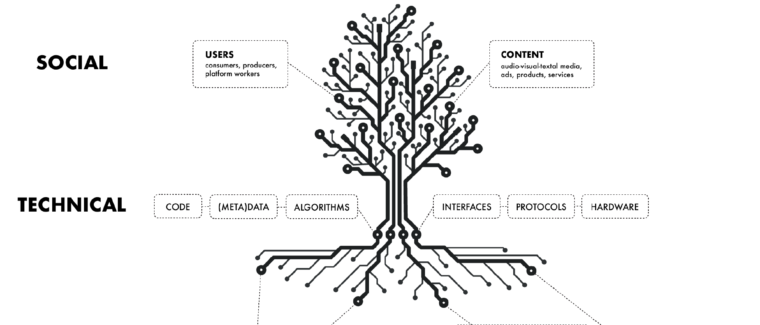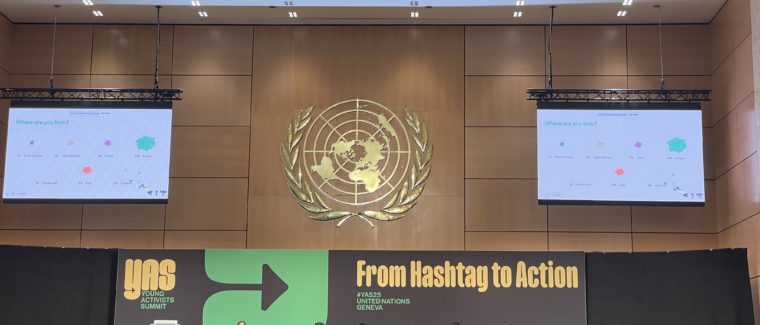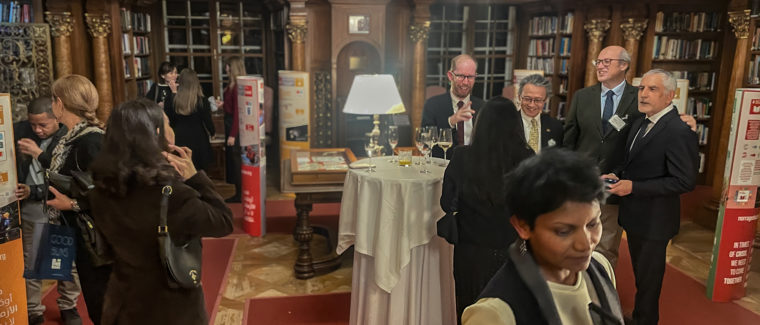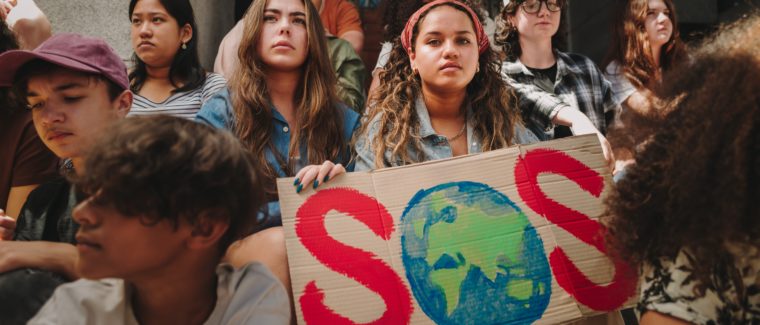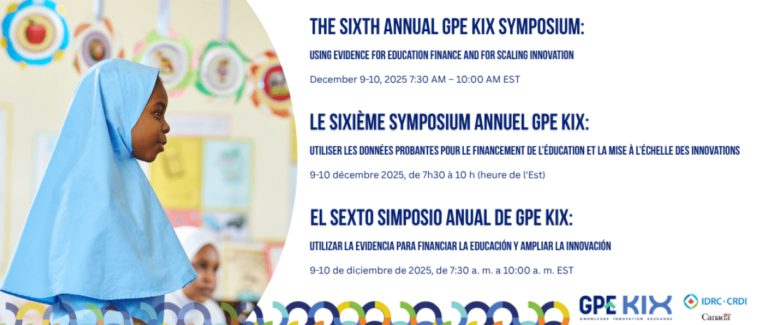Discovering Outcomes-Based Financing in Early Childhood Care and Education
Wednesday 21 January 2026 15:00 – 16:30 CET // 14:00 – 15:30 (GMT) Online (Zoom) REGISTER HERE Join the second in a two-part webinar series on ‘Discovering Outcomes-Based Financing in Early Childhood Care and Education, from our Collective Learning Initiative (CLI). This upcoming event will explore how outcomes-based financing (OBF) has the potential to strengthen early childhood care and education... Read More
27 Nov 2025
Event Highlights: Freedom of Expression in Academia: Institutional Adaptation and Transnational Solidarity
Date: Friday, 21 November Time: 12:15–13:45 Venue: Auditorium A2, Maison de la Paix This student-led roundtable on Freedom of Expression in Academia: Institutional Adaptation and Transnational Solidarity roundtable centred on the critical global erosion of academic freedom, institutional strategies for protection, and the role of transnational solidarity. Organized by a team of Master’s students in... Read More
27 Nov 2025
Whose Nexus? When the System Lags Behind Frontline Actors: The Case of the Emergency Response Rooms (ERRs) in Sudan
Congratulations to the Sudanese grassroots Emergency Response Rooms (ERRs), who were awarded the 2025 Chatham House Prize, which is presented to “the person, persons, or organization deemed to have made the most significant contribution to the improvement of international relations.” In this blogpost on the ERRs, Aishwarya Shetty and Faiza Hassan challenge international donors and... Read More
27 Nov 2025
NORRAG serves on UNESCO Expert Group on digitalisation and education
The UNESCO Expert Group on digitalization and education examines how to make strategic investments in education amid ongoing digital transformations. This series of meetings convenes leading specialists in education, technology, economics, and development finance to exchange evidence and insights on the effective deployment of digital tools to broaden access and strengthen learning outcomes. Education systems... Read More
24 Nov 2025
Event Highlights: Young Activist Summit 25
On November 20th, 2025, the Young Activists Summit (YAS) in Geneva brought together inspiring young changemakers from around the world to showcase their work and mobilize collective action. Held at the Palais des Nations, the 2025 edition centered on the theme “From Hashtag to Action,” emphasizing how young people are using technology, AI, and social... Read More
24 Nov 2025
Event Highlights: Salzburg Global, Education for Sustainable Development
Reimagining Education: Global Citizenship, Pluralism, and Purpose in the 21st Century Workshop at Salzburg Global, 30 Oct–3 Nov 2025. GCE empowers students to become not just informed learners, but respectful, active participants in a diverse and shared world. Salzburg Global Moira Faul, NORRAG Executive Director, participated in the “Reimagining Education: Global Citizenship, Pluralism, and Purpose... Read More
20 Nov 2025
When Education Is the Problem: Lessons from Youth Climate Activism
In this blogpost, which is part of NORRAG’s blog series “Provocations for education from youth climate activism,” Iveta Silova, Jeremy Rappleye and Hikaru Komatsu argue that the crisis we face is educational and can only be addressed by unsettling the cultural foundations of schooling as we know it. Every crisis has its curriculum. The climate... Read More
19 Nov 2025
6th GPE KIX Global Symposium: Using Evidence for Education Finance and for Scaling Innovation
Date: 9 – 10 November 2025 Time: 7:30-10:00 AM (Ottawa / EST) / 1:30-4:00 PM (Geneva / CET) Location: Online (Zoom) Languages: English, with simultaneous interpretation to French and Spanish REGISTER HERE The Global Partnership for Education (GPE) and Canada’s International Development Research Centre (IDRC) are pleased to invite you to the 6th Annual Global Knowledge... Read More
18 Nov 2025
Event Highlights: Education and the Humanitarian-Development-Peace Nexus at 10
ACCESS THE PUBLICATION TABLE OF CONTENTS POSTER Education and the Humanitarian-Development-Peace Nexus at 10 On 9 December 2025, NORRAG co-hosted with the Inter-agency Network for Education in Emergencies (INEE), the online launch of its sixth NORRAG Policy Insights, “Education and the Humanitarian-Development-Peace (HDP) Nexus at 10.” This co-produced publication has brought together over 40 contributions from... Read More

